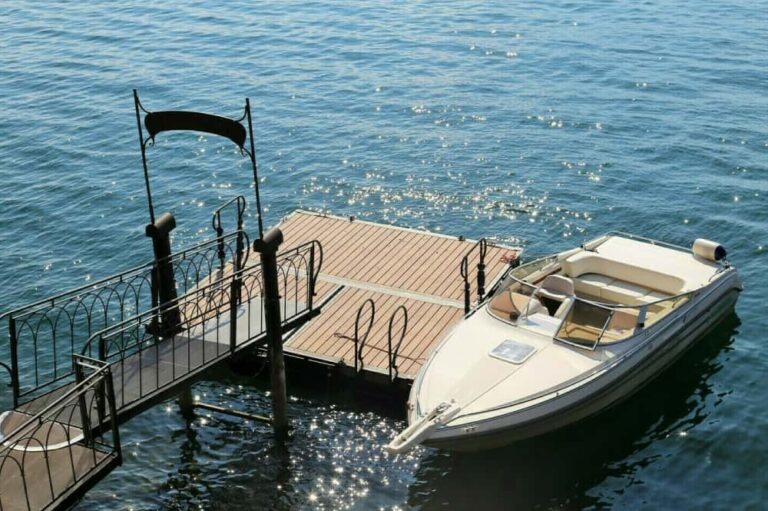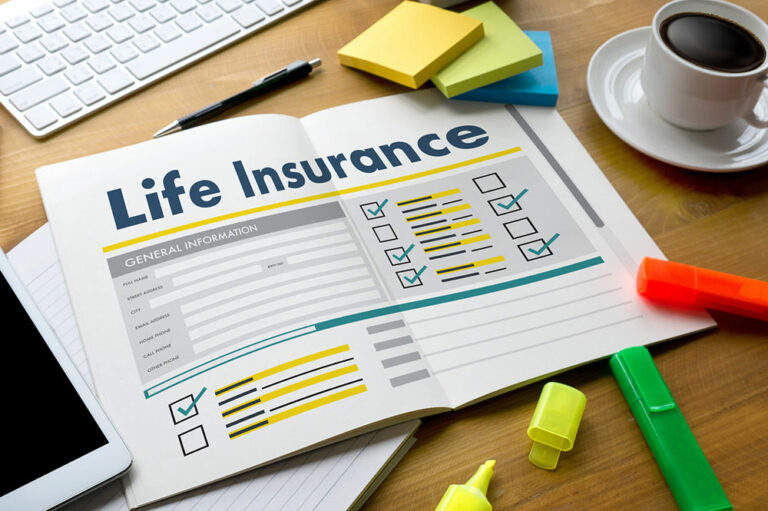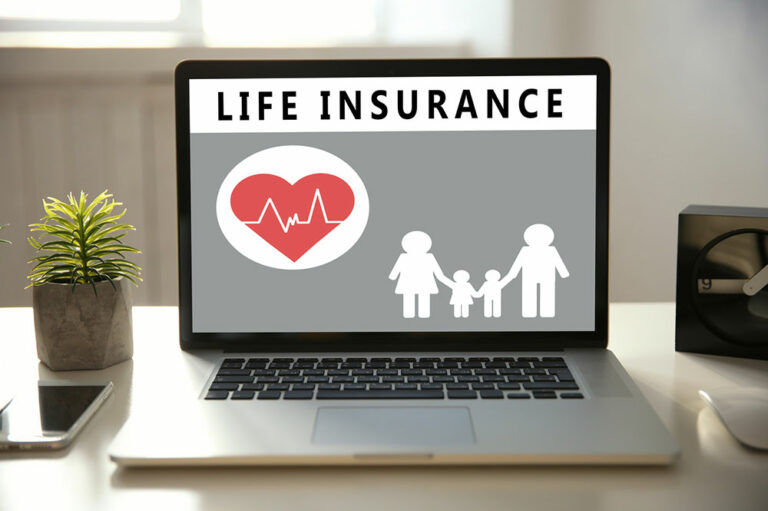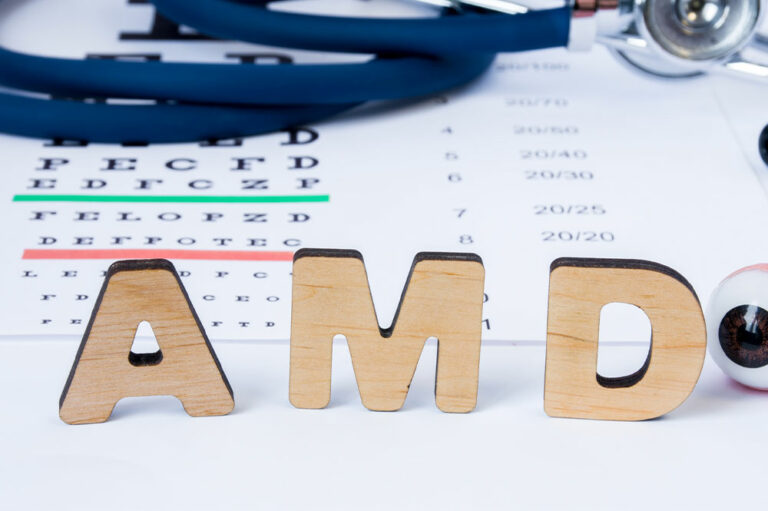
01
10 important things to know about disability insurance
Health insurance covers hospitalization, treatment, and pharmacy costs. However, if one’s illness, disease, or disability leads to an inability to work, it will not help one cover the loss of income. In such cases, having a disability insurance plan benefits one as it pays 40 to 80% of the monthly income to cover household expenses and make necessary payments. Disability insurance helps people pay for their committed expenses and saves them from bankruptcy. What is disability income insurance? Disability income insurance is a policy that replaces a part of the income of individuals who cannot work due to a disability. The disability can be congenital or recurrent diseases, temporary or permanent mental illness, or an injury suffered during an accident. The disability income insurance can be for short-term up to 2 years for long-term for 5, 10, or 20 years, based on the policy terms. The disability insurance income policy can replace a part of one’s income, cover any bonus income, and provide one with tax benefits. Ten facts to know while buying a disability insurance plan 1. How disability insurance works Disability insurance works like any other insurance, where one can buy a plan and pay a premium. If one faces any sudden illness, injury, or disease that affects one in such a way that one cannot work as before, one can claim benefits.
Read More 








